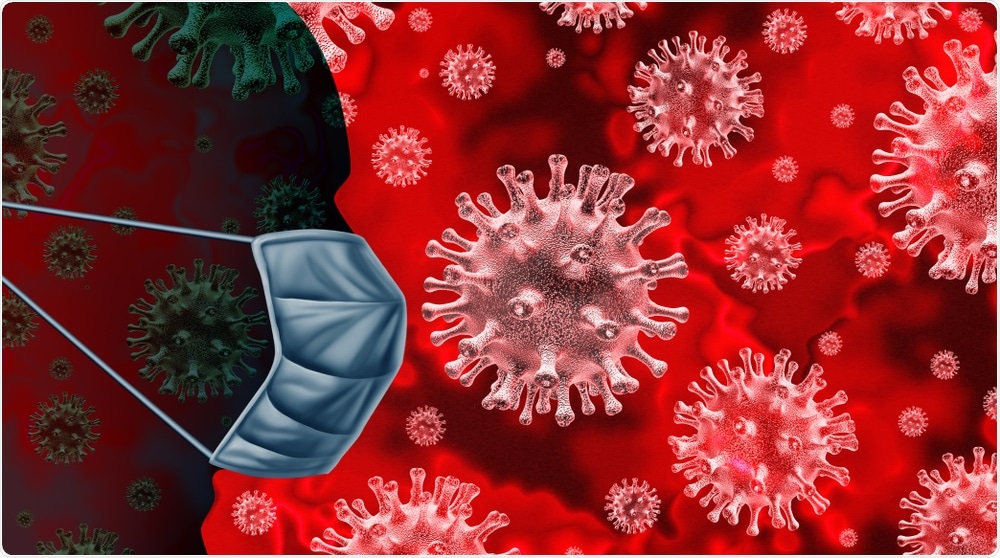The University of Rochester Medical Center (URMC) is launching a new study to understand how the body's immune system responds to COVID-19, including if and when a person could be re-infected with the virus and whether some people have pre-existing immunity.

Image Credit: Lightspring/Shutterstock.com
The findings could have significant implications for the public health response to the pandemic, the development of COVID-19 vaccines, and decisions related to re-opening the economy and society.
The new coronavirus research is being led by David Topham, Ph.D., Angela Branche, M.D., and Ann Falsey, M.D., under the URMC New York Influenza Center of Excellence (NYICE), one of the five international centers in the Centers of Excellence in Influenza Research and Surveillance network.
The research is supported by approximately $5 million in funding from the National Institute of Allergy and Infectious Diseases (NIAID), the institute headed by Anthony Fauci, M.D.
This research will seek to answer several important questions, including the durability of immunity from the virus once a person has been infected and recovered, whether the virus is mutating, whether previous exposure to other seasonal coronaviruses provides a degree of protection from COVID-19, and how long potential vaccines could provide immunity from the virus,"
Topham
The study will recruit up to 100 COVID-19 positive individuals across all age groups from the Rochester community and follow them for 90 days. The researchers will collect samples that will enable them to isolate and study the virus and measure the immune response to the infection.
Specifically, it will track the production of antibodies that seek out and flag the virus for destruction by immune cells. Once produced in sufficient quantity, these antibodies and other cells generated by the immune system provide protection from re-infection.
These cells are also activated after vaccination. However, as is the case with other viral infections such as the flu, it is speculated that immunity to COVID-19 will weaken over time.
This research builds on more than a decade of influenza and respiratory pathogens research by the NYICE. For the past 13 years, URMC researchers have been conducting surveillance studies in an effort to better understand the immune response to the flu and vaccination.